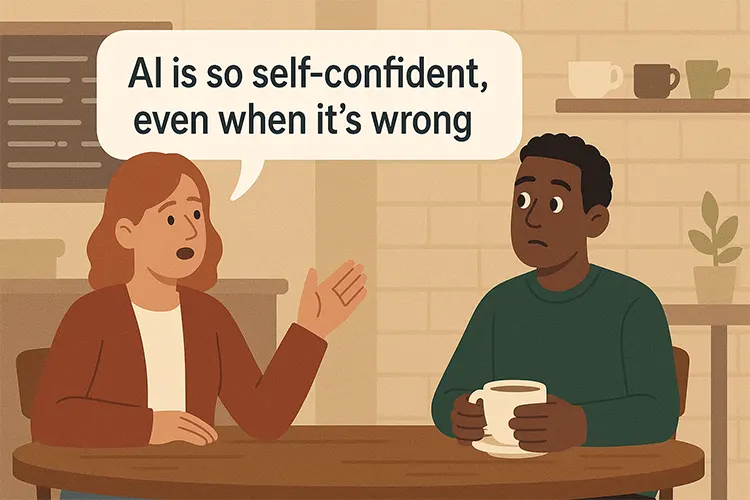
"These days, I don't have to leave my house to feel that same sense of insufficiency. All I have to do is fire up an artificial intelligence (AI) app. It will respond with a level of confidence we mortals can only dream of. Here's why I find AI's self-assured attitude to be troubling. Scary, even. Confident Answers Don't Always Mean Accurate Results A well-tuned AI model can say anything while keeping a straight face."
"I see this brazenness when asking AI for coding advice. I'll share a buggy code snippet or request a new one from scratch. The tool generates code and an explanation of how it works. How thoughtful! Surprisingly, it turns out that code generated in less than a minute isn't always reliable. Testing AI's output doesn't necessarily work the first time. It either produces the same issue or introduces new ones."
Early insecurity about abilities gave way to confidence through success in design, development, and writing, which increased self-worth and reduced concern about others' opinions. Presence of externally confident people still provokes self-doubt and intimidation. Modern AI applications exhibit an outsized, self-assured demeanor that can induce feelings of inadequacy in users. Confident AI responses are not synonymous with accuracy; AI can present incorrect assertions with certainty. AI-generated code can be produced quickly but often contains bugs or repeats mistakes, requiring testing and correction. AI tends to acknowledge errors and provide fixes, yet the confident delivery can mislead trust.
Read at Speckyboy Design Magazine
Unable to calculate read time
Collection
[
|
...
]